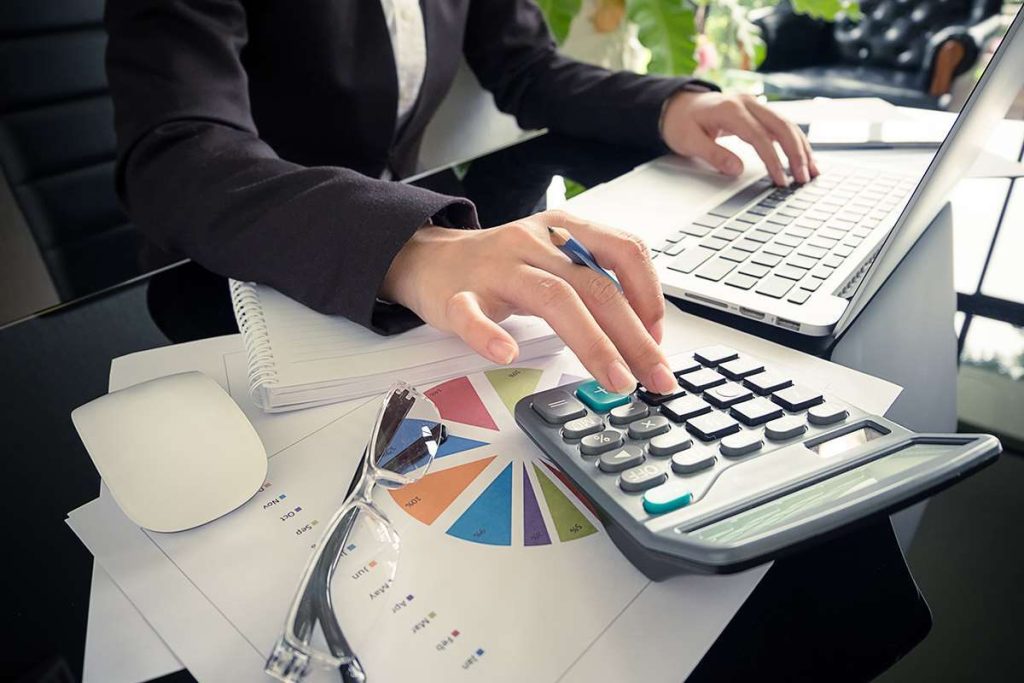
As the task of bookkeeping is most definitely best done digitally — it’s much faster, more efficient, accurate and secure. We’re obsessed with giving business owners exactly what they need in order to take control of their bookkeeping. That’s why our accounting software now includes double-entry accounting – an industry standard features that helps you keep all of your debits and credits in check. Filing a self-assessment tax return is a legal requirement if your business income exceeds £1,000 annually. Failure to comply can result in penalties, fines, and even legal action. Most accounting experts recommend that, for sole traders, bookkeeping is done regularly (either weekly or monthly) to ensure you don’t fall behind to the point it becomes overwhelming.
Tax Reliefs
They make a more comprehensive assessment of retained earnings all your business finances and suggest strategies for optimisation and business development. More likely it can seem like yet another complicated and daunting task. Effective bookkeeping does take time, effort and some initial self-education to learn how to do.

Accounting Software for Sole Traders Free Download
Filing tax returns on time is crucial for avoiding penalties and staying compliant with Australian tax laws. As a sole trader, you’ll need to file an annual individual income tax return that includes details of your business income and expenses. You may also need to lodge quarterly BAS statements if registered for GST. From invoices to receipts, contracts, and bank statements, keeping these records helps track your sole trader accounting business transactions, aiding in accurate financial reporting and tax compliance.
Analysing Financial Ratios: Turning Data into Actionable Information

FreshBooks offers best-in-class accounting tools designed with your small business in mind. Our suite of products works together to offer a streamlined accounting solution that keeps your finances in order, even when you’re busy working on a looming deadline. Bookkeeping is all about tracking your business finances and keeping records that give you an overview of your business’s monetary state. It involves keeping track of transactions and business expenses and preparing the necessary documents for your annual tax return. As a sole trader, it’s important to understand your tax obligations and ensure you comply with relevant tax laws.
- Budgeting may seem like an impossible task when you’re running a small business as a sole trader.
- You should regularly review your financial records and consult with a tax professional to ensure that you are setting aside enough funds to cover your tax liabilities.
- For example, if you are registered for VAT, you must keep your VAT records for at least 6 years.
- To make this process easier it’s recommended that you use an accounting system which automatically generates payment records as well as allows you import bank transactions.
- These articles and related content is not a substitute for the guidance of a lawyer (and especially for questions related to GDPR), tax, or compliance professional.

Making Tax Digital will apply to a number of different taxes, including VAT, income tax, and corporation tax. Although, MTD for Corporation Tax will likely not become obligatory before 2026. To ensure that you comply with legal requirements, it is important to keep your records organised and easily accessible. You can use software to help you keep track of your records and ensure that you retain them for the required period. In addition to HMRC, other regulatory bodies may require you to retain your https://www.bookstime.com/ financial records for a certain period. For example, if you are registered for VAT, you must keep your VAT records for at least 6 years.
- To simplify bookkeeping, she created lots of easy-to-use Excel bookkeeping templates.
- Deductions range from home office costs, health insurance and business supplies to travel expenses and professional development fees.
- Expenses incurred during running your business need to be recorded too so that you can monitor them effectively.
- Accounts receivable (AR) and accounts payable (AP) are essential aspects of managing cash flow for any business owner.
- If you have employment or pension income and want HMRC to collect the self-employed tax through your PAYE tax code, you need to submit your tax return online by this date.
- FreeAgent is a cloud-based accounting solution designed for small businesses and is excellent for freelancers.